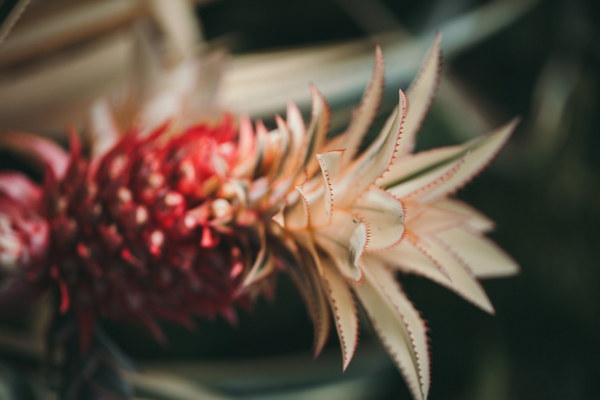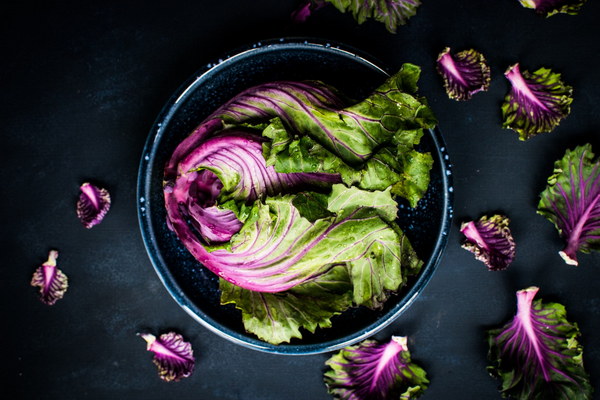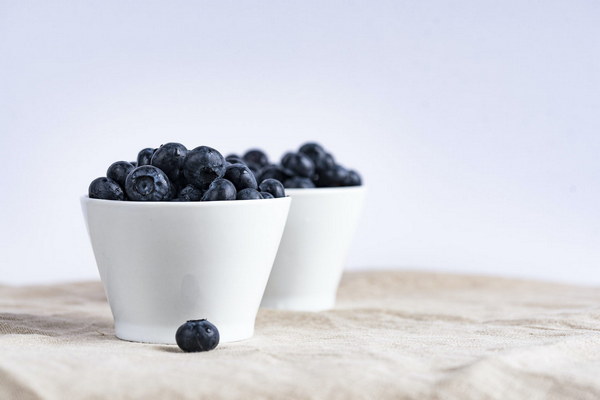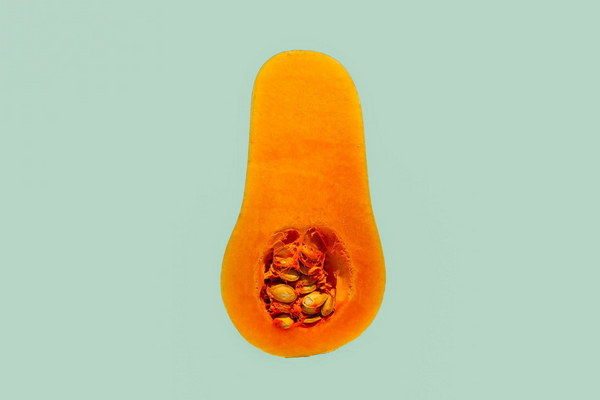Post-Pandemic Wellness Nurturing Your Body with Meridian Care
In the wake of the COVID-19 pandemic, the world has undergone significant changes, and one of the most profound shifts has been the heightened awareness of personal health and wellness. As we emerge from this challenging period, it's crucial to adopt practices that not only boost our immune systems but also promote holistic well-being. One such practice is the ancient art of meridian care, which focuses on balancing the body's energy pathways to enhance vitality and resilience. Here, we delve into how you can nurture your body through meridian care post-pandemic.
Understanding the Meridian System
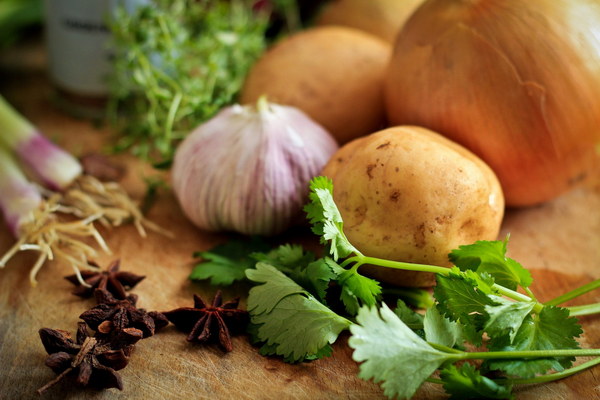
The meridian system is a fundamental aspect of traditional Chinese medicine (TCM), which posits that the body's energy, or Qi (chee), flows through a network of pathways called meridians. These meridians connect internal organs, tissues, and glands, and maintaining their balance is essential for good health. Each meridian corresponds to a specific organ, and by working on these pathways, we can address a wide range of health issues.
The Importance of Meridian Care Post-Pandemic
The COVID-19 pandemic has not only affected our physical health but has also taken a toll on our mental and emotional well-being. Stress, anxiety, and a sedentary lifestyle have become prevalent, which can disrupt the flow of Qi and lead to various health problems. By embracing meridian care, we can restore balance, boost our immune systems, and improve our overall quality of life.
Practical Tips for Meridian Care
1. Acupuncture: This traditional therapy involves inserting fine needles into specific points along the meridians. It helps to unblock energy flow and stimulate healing. Consider booking a session with a licensed acupuncturist to experience the benefits firsthand.
2. Acupressure: A self-care practice that can be done at home, acupressure involves applying firm pressure to specific points along the meridians. Use your fingers or a massager to apply gentle pressure for several seconds, then release. This can help alleviate tension and improve energy flow.
3. Tai Chi: This gentle martial art involves slow, deliberate movements that are designed to promote the flow of Qi through the meridians. By practicing Tai Chi regularly, you can enhance flexibility, balance, and mental clarity.
4. Yoga: Similar to Tai Chi, yoga focuses on the body's energy pathways, known as nadis in the practice. Incorporating yoga into your routine can help align your body and mind, fostering a sense of well-being.
5. Diet: A balanced diet rich in fruits, vegetables, whole grains, and lean proteins can support your body's meridian system. Pay attention to foods that are beneficial for specific organs, as recommended in TCM.
6. Mindfulness and Meditation: These practices help reduce stress and promote a sense of calm, which is essential for maintaining a balanced meridian system. Spend a few minutes each day practicing mindfulness or meditation to enhance your mental and emotional health.
7. Adequate Sleep: A good night's sleep is crucial for restoring and balancing the body's energy. Aim for 7-9 hours of quality sleep each night to support your meridian system.
8. Regular Exercise: Engage in moderate-intensity exercise, such as walking, cycling, or swimming, to stimulate the flow of Qi and improve overall health.
9. Avoid Overexertion: While physical activity is important, it's also essential to avoid overexertion, which can disrupt the meridian system. Listen to your body and rest when needed.
10. Seek Professional Guidance: If you're new to meridian care, consider consulting with a TCM practitioner or health coach who can provide personalized advice and support.
Conclusion
Post-pandemic, it's more important than ever to prioritize our health and well-being. By incorporating meridian care into our daily lives, we can restore balance, strengthen our immune systems, and enhance our overall quality of life. Embrace these practices and experience the transformative power of meridian care in your journey towards wellness.
